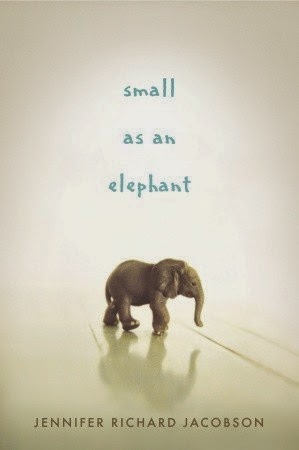Dear Reader,
I feel like this shouldn't be classified as young-adult literature. Only because I found it so mature and serious; two words that don't describe my teen years. However, I would love it if all teens read this series because it demonstrates how people should act and question the way their society is. The main characters Cassia and Ky and Xander are all 17 years old and yet they are intelligent, grave and above all; honorable. Cassia, Ky and Xander respect and help each other even though they are trapped in a love triangle.
Since I'm on the subject, I am surprised by the lack of sex in the series so far. These are teenagers, and they are in unsupervised, stressful situations, exacerbated by the crazy, first time love throes. How are they not releasing tension together? I found myself chanting, "Do it, Do it, Do it..." in the car as the listened to the audiobook. Leaving any descriptive love scenes out just makes me think that the author doesn't intend to make this seem like a real story. Is it too profane?
On another note, I am continually impressed with the poetic style of Ally Condie. It reminded me so much of my beloved, creative writing classes in college that I recommended the book to my creative writing professor. 'Frost blooms along the step...' and , 'my tears taste like the sea, and I cannot see the shore.' Additionally, Cassia muses over writing her own poem to Ky as she journeys, or crosses the distance from her work camp to where Ky is escaping the war zone in the outer provinces. Having written a bit of poetry myself I can relate to her internal poetic construction on a deeply personal level.
I like that the drama of the narrative is heightened by having Cassia's perspective interlaced with Ky's narrative. Since I was listening to the audiobook version, the fact that Ky's voice was read by a male actor enhanced my experience. Also in Crossed there's an element of mystery and the unknown when compared to book one in the series. This book really is about crossing, in all it's literal applications. Cassia is crossing into the unknown on her journey to find Ky in the outer provinces. She is crossing from society into The Rising. She is crossing into her adulthood by making serious caste-system choices. She is also crossed in being double-crossed in the deception from Ky's map burning and Indy's repetitive theft.
Adding the Indy character into the mix was good choice by the author because she was mystery-incarnate. I really couldn't guess if she couldn't be trusted, adding to the intrigue of the plot. It turns out she lied about hiding the micro-card, she lied that she had nothing to hide on the air-ship and then she secretly obsessed over Cassia's match, Xander. She represents young, female strength in this society in a different wild way from Cassia's quiet, sorting strength.
My negative comments are on the overly dramatic descriptions, mostly, in Ky's narrative. I don't know if that's because of the actor's theatrical choices in the audio book. For example this bit comes from a commonplace exchange between Ky and Indy in the canyon,
'Indy stands perfectly still.'
'Indy stares straight into my eyes.'
Then when the five characters are leaving the canyon, Ky's internal monologue,
'The sun beating down on the boat makes it hot to touch. My hands turn red and I hope she doesn't notice. I don't want to think anymore of the day she sorted me. What's done is done. We have to go forward.'
Every sentence is spoken slowly and drawn out. Is that writer-failure or was it the way the actor said it?
*Spoiler Alert*
Crossed resolves with Cassia, Indy & Ky in The Rising, assigned to job functions that will best help the rebellion (ahhhhhhh we can exhale.)
This is perfect place to cliffhang the reader into book three. What will happen to Ky & Cassia? Will Cassia reconsider her romantic choice once she finds out that Xander is also in The Rising? Will the rebellion happen soon? Will Cassia find her family? Will Ky and Cassia have a love scene?
Tune in next time.
Yours,
Marsha
|














